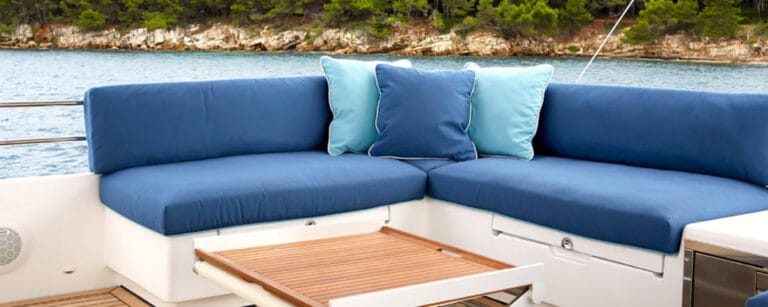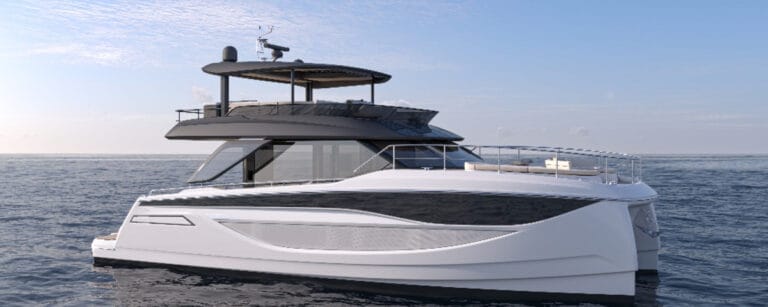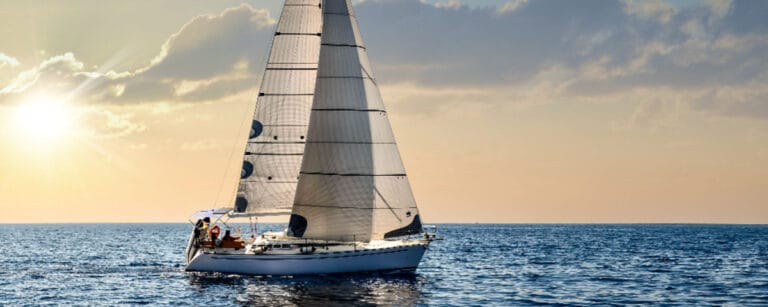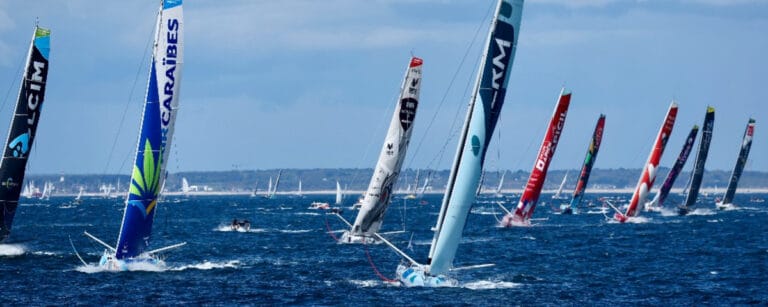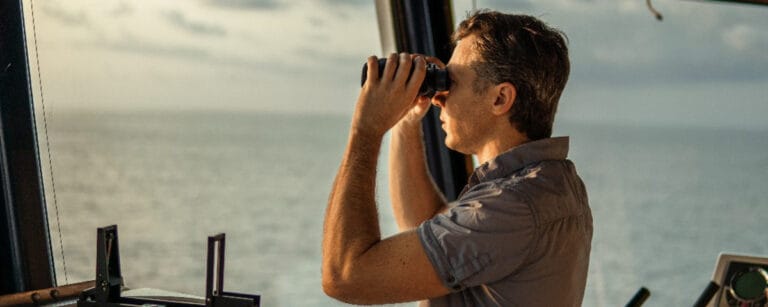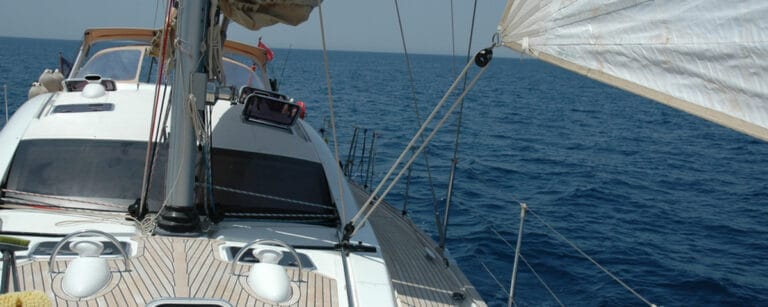The checklist before renting a boat.
Rental Agreement and Inventory
Carefully review the rental agreement and conduct a thorough inspection of the boat, verifying all mandatory safety equipment (number of life jackets, their locations, foghorn, etc.), comfort items for cruising boats (cutlery, dishes, etc.), deck hardware, and electronic equipment (VHF, GPS). Check fuel, oil, and freshwater levels. Confirm the options: paddleboard, diving equipment, etc. Note any missing parts, wear and tear, or damage (tears, broken battens for sails), paying particular attention to the propeller and engine base, hull, and boat railing. Verify the proper functioning of various devices such as the electric windlass, winches, or rigging for sailboats. Like a property condition report for a rental apartment, everything should be noted on the departure inventory.
Getting Acquainted
Before setting off, don’t hesitate to ask the rental company for practical advice. Where are the battery switch, charts, or nautical guides for the region? How do the toilets and lighting system work? Run the dinghy if necessary. Finally, consider a hands-on session with the rental company on board to validate a maneuver, for example.
Final Tips
- Check the local weather forecast with the harbor master or a reliable marine weather app, and inquire about possible routes and anchorages (nautical guides).
- Exchange cell phone numbers and inform the rental company and your loved ones of your itineraries and return times.
- Bring plenty of food and water, sunscreen, sunglasses, a hat, and a cap.
Taking the time to verify each point beforehand will save you from many disappointments once at sea. A successful rental relies as much on good preparation as on trust with the rental company. Don’t hesitate to ask all your questions before casting off: it’s better to understand everything in port than to have to improvise at sea. And above all, remember to navigate responsibly: respect mooring areas, manage waste on board, and consume water and fuel wisely. Tomorrow’s boating begins with today’s good habits.
Enjoyed this post by Thibault Helle? Subscribe for more insights and updates straight from the source.


